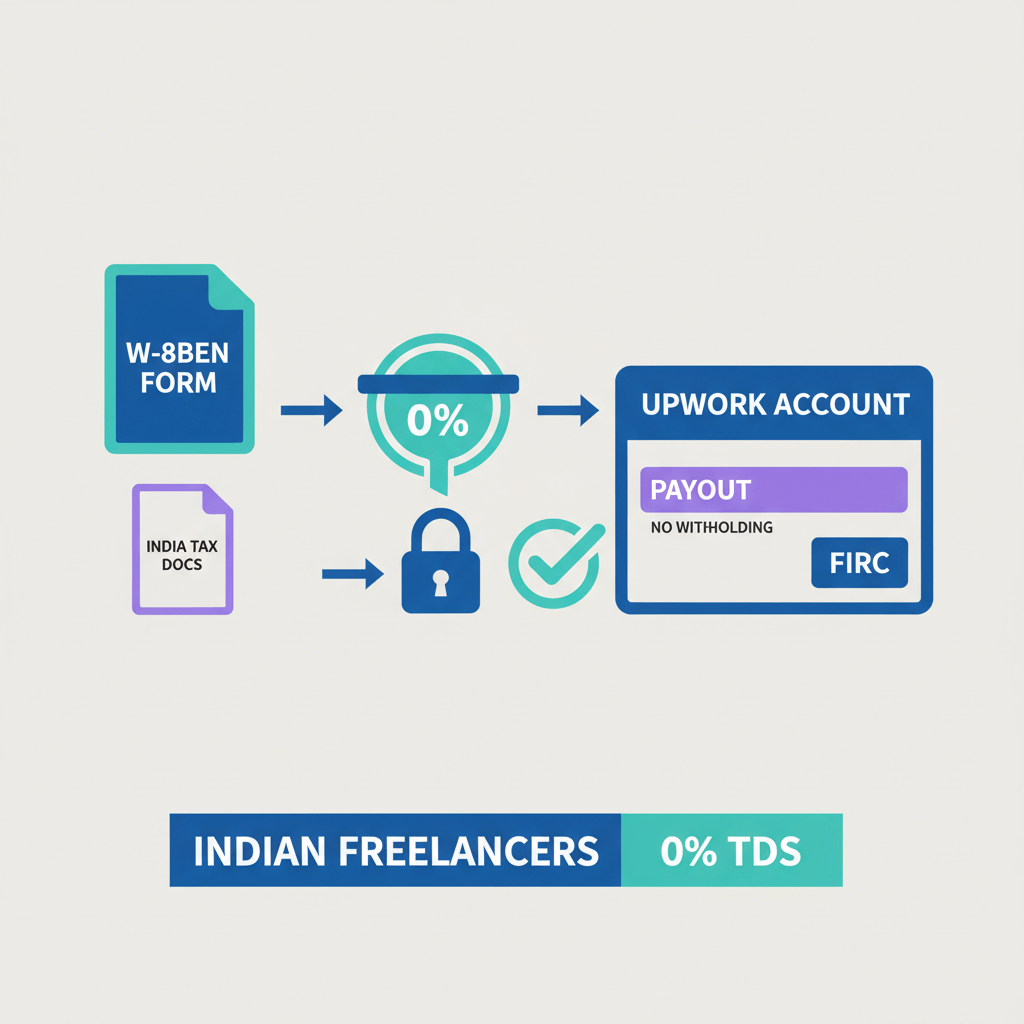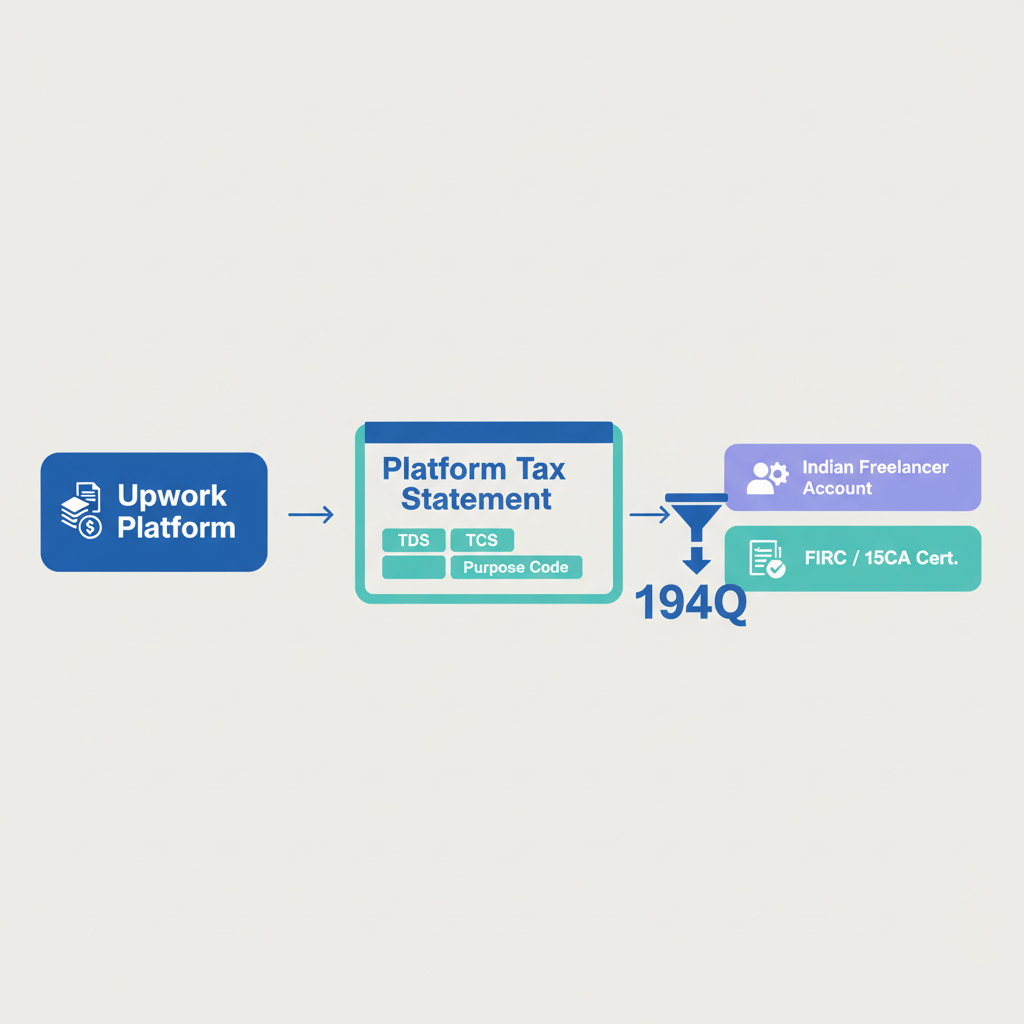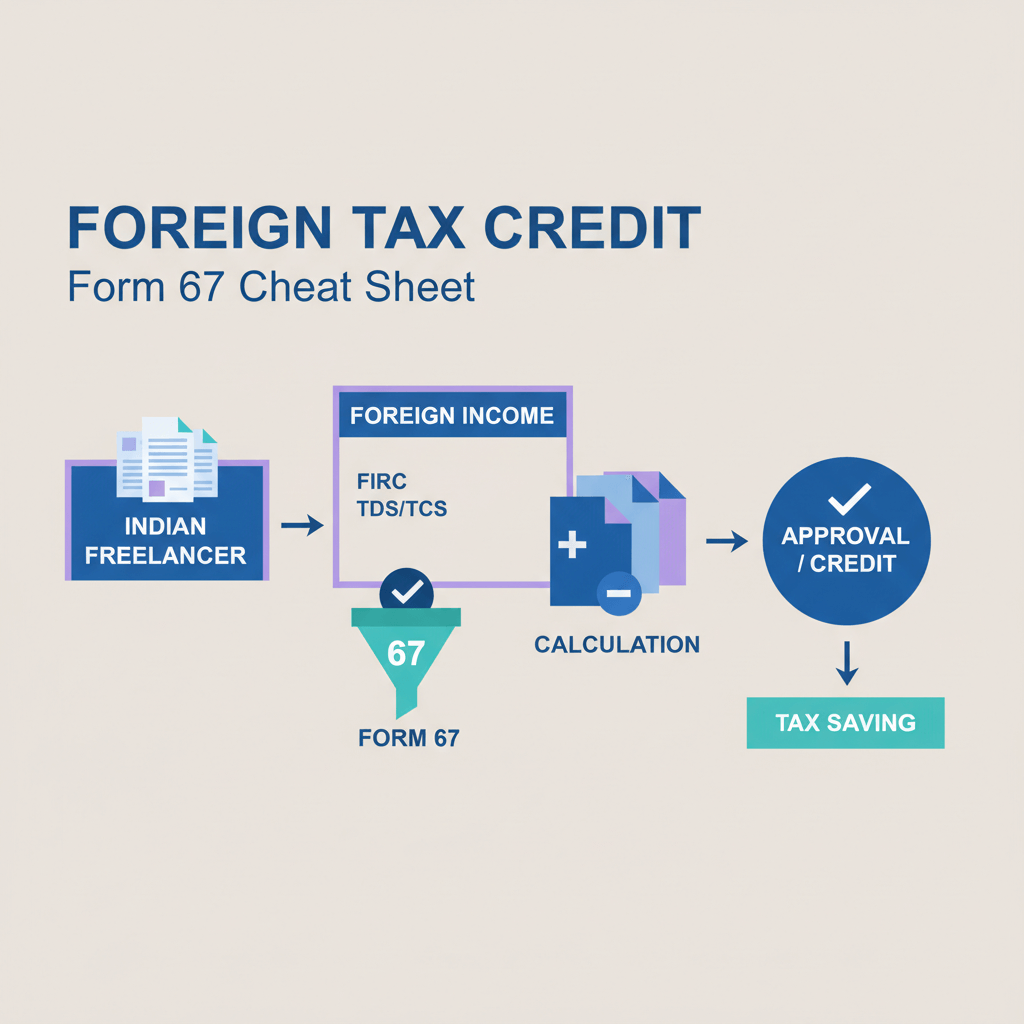In banking, an IBAN number has only one meaning - an international bank account number to process international transactions smoothly.
Used in over 70 countries, IBAN simplifies information retrieval at a global level.
Even with recent changes in the world involving Russian exporters or Israeli importers, the system stayed strong. This was because of a robust system under SWIFT payment with an IBAN number database.
But is it an IBAN number? How does it work?
Read on to find out…
What Is an International Bank Account Number (IBAN number)?
An IBAN (International Bank Account Number) is a universally accepted system used to identify foreign bank accounts. It starts with a two-digit country code, followed by two numbers, and then a combination of alphanumeric characters.
Make Note: An IBAN number is not a substitute for a bank's internal account number; rather, it serves as an additional identifier for facilitating international wire transfer.
What does an IBAN number look like?
An IBAN number, or international bank account number, typically looks like a series of characters, starting with a two-digit country code, followed by two numbers, and then a combination of alphanumeric characters. The specific format can vary, but it's designed to provide a standardized way of identifying foreign bank accounts for international transactions.
For example:-
.png)
- GB is the two-letter country code for the United Kingdom.
- 29 represents the two check digits.
- NWBK60161331926819 is the domestic account number.
Make note: The structure and length of IBANs can vary by country, and this is just one example.
How International Bank Account Numbers (IBAN numbers) Work
The International Bank Account Number (IBAN) is a standardized system created to identify bank accounts in international transactions. It enhances the efficiency and accuracy of cross-border payments through the following features:
Structured Format: IBANs have a specific format with a two-digit country code, two check digits, and alphanumeric characters for the individual bank account. The format varies slightly by country.
Unique Identification: The IBAN serves as a unique identifier for a bank account within a specific country, ensuring payments are directed to the correct jurisdiction.
Error Detection: Embedded check digits enable built-in error detection, allowing financial institutions to verify IBAN accuracy during transaction processing, minimizing the risk of errors.
Supplementary Information: Instead of replacing local account numbers, IBANs supplement this information, providing a standardized method to identify accounts globally.
Simplified Processing: IBANs streamline international payment processing by offering a clear and structured identifier, reducing the likelihood of delays or errors.
Global Standardization: Following a global standard set by the International Organization for Standardization (ISO), IBANs ensure consistent use and format across different countries.
Cross-Border Transactions: Particularly important in regions like the European Union, IBANs are crucial for individuals and businesses involved in cross-border transactions, facilitating seamless payment processing.
Regulatory Compliance: Many countries require the use of IBANs for international payments, and financial institutions comply with these standards to meet regulatory requirements.
Is an IBAN number required for international business transactions?
Yes. An International Bank Account Number (IBAN) is needed for international business transactions. Across the globe, many countries and financial institutions have embraced IBAN numbers to simplify and enhance cross-border payments.
How to create an IBAN number for international business transactions?
- Ask Your Bank: Talk to your bank about requiring an IBAN for international transactions.
- Give Info to the Bank: Share your account number, your details, and your bank's information.
- Check IBAN Format: Make sure the IBAN has a two-digit country code, two check digits, and your local account number.
- Use Online Banking: If your bank has online services, see if you can find or generate your IBAN there.
- Tell Payer About Your IBAN Number : If you're getting money from abroad, share your IBAN and explain how to use it.
- Check for Mistakes: Double-check your IBAN number to avoid any payment mistakes. It's essential to be accurate.
- Update Business Records: Put your IBAN in your business records for easy reference when needed.
Where to find your IBAN number?
To find your International Bank Account Number (IBAN number), you can follow these steps:
- Check Bank Statements: Your IBAN number is often included in your bank statements with your bank account, and the IBAN number.
- Online Banking Portal: Log in to your online banking portal. Many banks provide access to account details, including the IBAN number, through their online platforms. Check for a section that displays account information or details.
- Contact Your Bank: If you need help finding the IBAN number through statements or online banking, reach out to your bank directly.
- Banking Apps: If your bank has a mobile banking app, you may find your IBAN number listed in the app. Navigate to the account details section to locate the IBAN number.
- Check Chequebook: Some banks print the IBAN number on chequebooks or other physical documentation related to your account. Check the documents provided by your bank for your IBAN number.
- Visit a Branch: If all else fails, consider visiting your bank's physical branch.
Security of IBAN Usage
Using an International Bank Account Number (IBAN number) is generally considered safe and here’s why:-
1. Structured Format:
The IBAN number follows a standardized and structured format, making it easily recognizable and reducing the likelihood of errors in international transactions.
2. No Sensitive Information:
IBAN number itself does not contain sensitive information such as account holder names or addresses. It primarily serves as an account identifier.
3. Authentication Measures:
IBAN number usage is often accompanied by other authentication measures, such as two-factor authentication (2FA) or additional security protocols implemented by banks and financial institutions.
4. Secure Channels:
When using IBAN number for transactions, it's essential to use secure channels, such as encrypted online banking portals, to protect the confidentiality of the information.
5. Regulatory Compliance:
The use of IBAN number is governed by international standards and regulations, ensuring compliance with security and privacy standards.
6. Bank Security Protocols:
Banks and financial institutions implement robust security protocols to safeguard the integrity of transactions, including those involving IBAN number.
7. Fraud Prevention Measures:
Financial institutions employ various measures to prevent fraud, including monitoring for unusual transactions and implementing anti-fraud technologies.
Difference between IBAN numbers and SWIFT codes
IBAN numbers (International Bank Account Numbers) and SWIFT codes (also known as BIC or Bank Identifier Codes) serve a unique purpose to accept international payments or for conducting outward remittances in India. But both are used to facilitate global financial transactions. Here are the key differences:
1. Purpose:
IBAN number is primarily used to identify an individual bank account for international transactions. It provides a standardized and structured format for identifying bank accounts and helps ensure accurate routing of funds.
On the other hand, SWIFT codes identify the specific financial institution during international transactions. They indicate the bank's identity and location, facilitating the transfer of funds between financial institutions.
2. Information Contained:
IBAN number contains information about the individual bank account, including the country code, check digits, and the account number.
SWIFT code Identifies the bank and its branch. It does not contain information about the individual account; its primary purpose is to direct the transaction to the correct bank.
3. Structure:
IBAN Number follows a standardized format with a two-letter country code, two check digits, and a variable-length alphanumeric account number.
A SWIFT Code comprises eight or 11 characters, incorporating letters and numbers. The initial four characters signify the bank code, the subsequent two denote the country code, and the remaining characters (which are optional) indicate the branch code.
4. Scope:
IBAN Number was used mainly in Europe and a few other countries, particularly for Eurozone transactions. Adoption varies globally.
SWIFT code is widely used for international transactions. Virtually every country uses SWIFT codes for identifying financial institutions.
5. Usage:
IBAN Number is required in European countries and some others for cross-border transactions within the Single Euro Payments Area (SEPA).
SWIFT Code is used to send or accept international payments and communication between banks globally.
Is IBAN Number the Same As Your Bank Account Number?
No, the IBAN number is not the same as your bank account number, however, the IBAN contains your bank account number. It includes more details like country code and check digits which make international transactions smoother.
Last Word
In short, the IBAN is a global identifier for bank accounts, ensuring accurate fund routing in international transactions and minimizing errors.
It's recommended for businesses in international trade to comply with global standards and regulations. Contact Karbon Forex to know more about business international payments.
FAQ’s
How do I find my IBAN number?
To locate your IBAN Number (International Bank Account Number), review your bank statements, access your online banking account, or refer to official documents issued by your bank. Alternatively, you can reach out to your bank for guidance. The IBAN is usually visible in account details or transaction information associated with international transfers.
What is the IBAN number for India?
India does not use IBAN (International Bank Account Number). Instead, it uses an Indian Financial System Code (IFSC) for domestic transactions and a SWIFT/BIC code for international transactions.
Is the IBAN number the same as the SWIFT number?
No. The IBAN number and SWIFT/BIC have different roles. The IBAN is used to pinpoint a particular bank account in global transactions, while the SWIFT/BIC is employed to identify the bank itself.
Is IBAN and IFSC code same?
No, the IBAN number (International Bank Account Number) and IFSC (Indian Financial System Code) are different. IBAN number is used internationally to identify a specific bank account, while IFSC is a code specific to India, identifying individual bank branches within the country.











